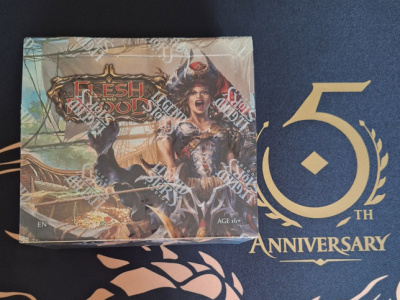An article by David Kirkpatrick in today's New York Times states that '...the heyday of online book sales has apparently ended.' This observation is based on reports from on-line giant Amazon.com, which sells four times as many books as its nearest on-line competitor. Amazon reported only a very slight sales growth in the book category for the first quarter of 2001 as compared with the first quarter of 2000. In the previous few years Amazon has been able to almost double its book sales, though sales growth in 2000 slowed to a still healthy 30% growth over 1999. Now according to Kirkpatrick, on-line sales of non-children's titles amount to about 7% of the total sold by all other means -- and he believes they are unlikely to climb much higher.
In spite of the virtual absence of sales growth, Amazon made money on its book sales during the first quarter. This is largely due to the company's abandoning of the heavy discounts that spurred its incredible sales growth in recent years. As the big discounts have come off, the kind of books sold on-line has also started to shift from a high percentage of bestsellers to a mix of new and older titles. Since few bookstores, even the so-called superstores, can begin to carry a comprehensive backlist, catalog sales form a natural basis for on-line bookselling. But without the steep discounts, sales of best-sellers are reverting to brick-and-mortar stores which can offer customers immediate gratification.







